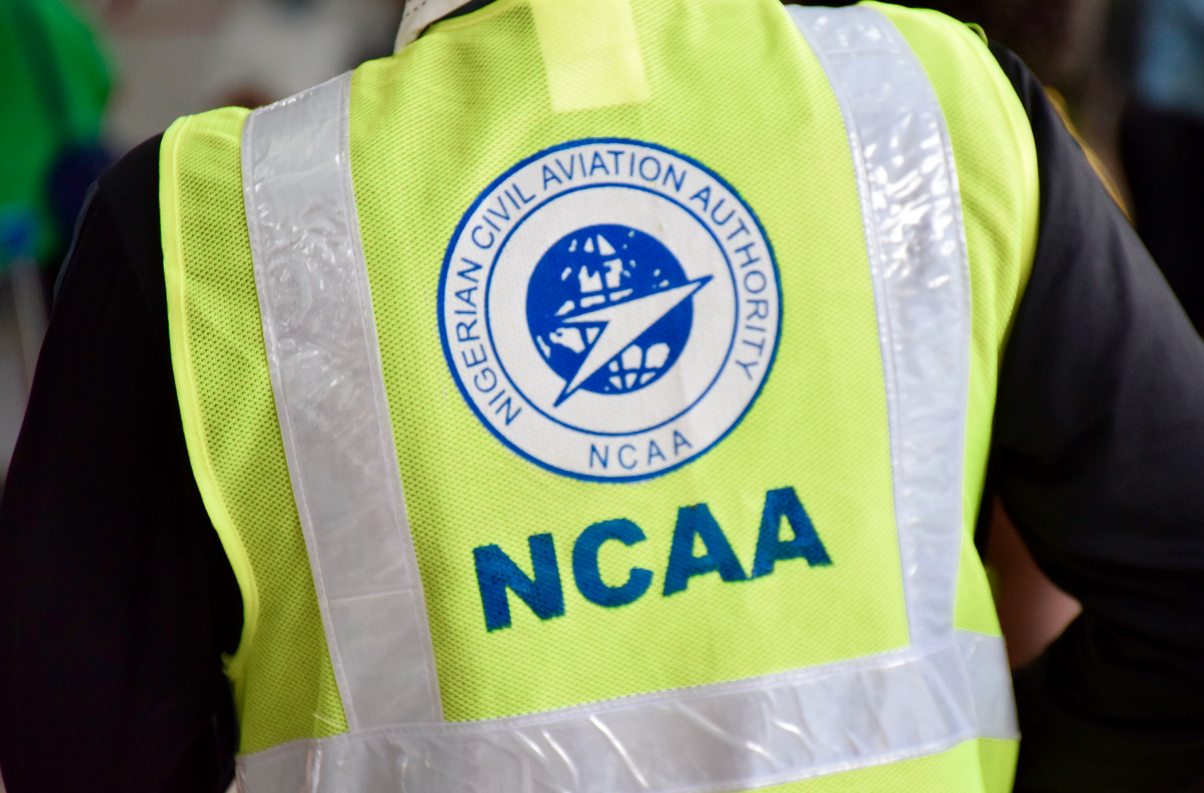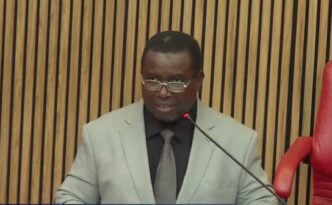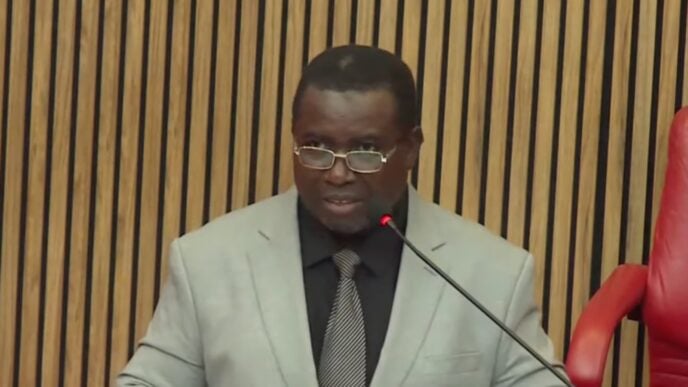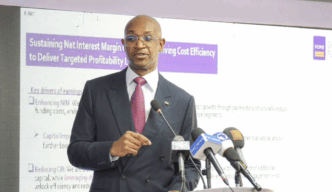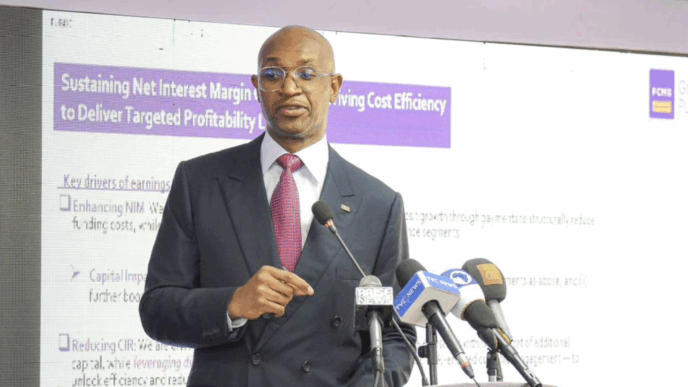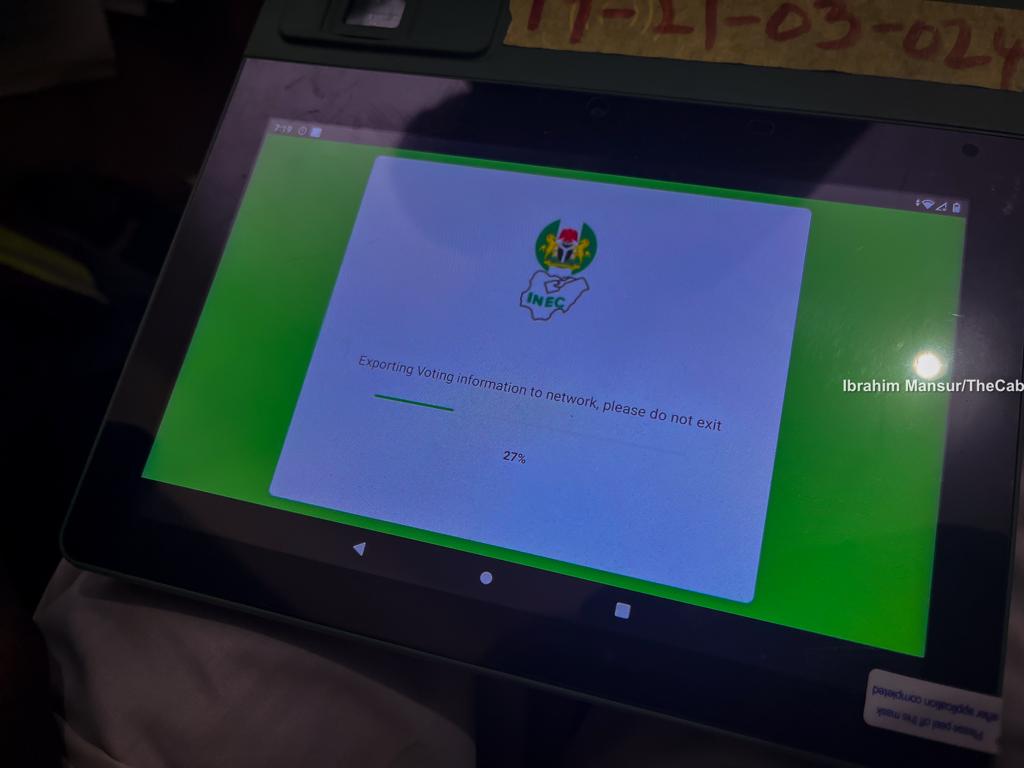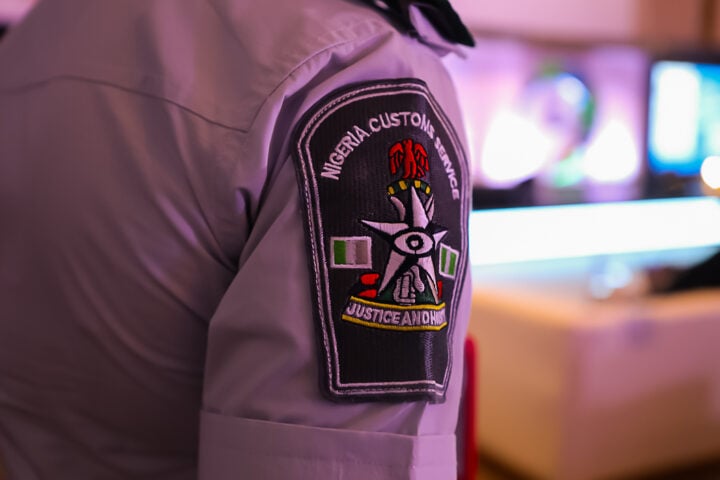The Nigeria Civil Aviation Authority (NCAA) says no pilot operates in the country under the influence of any substance.
In a statement on Thursday, the NCAA dismissed comments made by Orji Kalu, senator representing Abia north, over alleged inadequacies in pilot preparation, claims of substance use among flight crew, and supposed lapses in the authority’s oversight responsibilities.
Kalu had, during plenary on October 15, made the claim while speaking in support of a motion that raised safety concerns following the Nigerian Safety Investigation Bureau (NSIB) report on the Air Peace runway incident at the Port Harcourt International Airport.
He alleged that some pilots operating in Nigeria’s aviation industry smoke Indian hemp.
Advertisement
Reacting, the NCAA said it maintains a “rigorous and internationally recognised system” for certifying and monitoring the medical and professional fitness of all pilots operating in Nigeria.
“While the Authority holds the Distinguished Senator and the National Assembly in the highest esteem, it is necessary to provide factual clarifications in the public interest,” the statement reads.
“No pilot is permitted to operate a Nigerian-registered aircraft without holding both a valid pilot licence and a current medical certificate, as required by the Nigeria Civil Aviation Regulations (Nig. CARs) Part 8.4.1.4.
Advertisement
“Holders of Commercial Pilot Licences (CL) and Airline Transport Pilot Licences (ATPL) are, by the provisions of Nig. CARS 2.3.5.1 and 2.3.7.1, required to possess a Class 1 Medical Certificate before they are allowed to operate.”
According to the authority, medical certificates are issued only after comprehensive aero-medical evaluations by NCAA authorised aviation medical examiners (AAMEs) followed by approval of the medical report by NCAA’s in-house aero-medical assessors.
The NCAA said the examinations cover cardiovascular, neurological, psychological, metabolic, respiratory and visual assessments to ensure pilots are fit to operate an aircraft safely.
“It also screens for the use of psychoactive substances, mental or behavioral disorders, abnormal blood pressure, heart or lung diseases, neurological disorders, and other physiological conditions that could affect safe performance,” the authority added.
Advertisement
“Medical certificates are valid for twelve months for pilots under 40 years of age and six months for those aged 40 and above. At the expiration of these periods, pilots must undergo a new series of medical tests before their certificates can be renewed.”
The NCAA said its regulations prohibit flight crew from operating an aircraft within eight hours of consuming alcohol or while under the influence of any substance that could affect performance.
‘NCAA CONDUCTS RANDOM DRUG TEST ON CREW MEMBERS’
The authority added that it conducts random and unannounced testing for crew members, with results admissible as legal evidence.
Advertisement
NCAA also said it conducts daily ramp inspections at airports across the country, where inspectors verify crew licences, medical certificates, and general fitness for duty.
“Any irregularity is immediately addressed, and appropriate enforcement action is taken in line with the Authority’s zero-tolerance policy for safety violations,” NCAA said.
Advertisement
The aviation regulator cited a recent example in August 2025, when it suspended the licence of a ValueJet pilot for initiating departure without proper clearance — an action it said underscores its commitment to safety and discipline.
“It is therefore inaccurate to suggest that pilots operate under the influence of substances or without adequate checks,” the statement added.
Advertisement
The NCAA said Nigeria’s aviation oversight system aligns with global standards set by the International Civil Aviation Organization (ICAO) and has consistently met ICAO’s audit requirements under the universal safety oversight audit programme (USOAP).
On Kalu’s assertion that modern aircraft “take off and land automatically,” the authority said while many aircraft are equipped with autopilot and autoland features, they do not replace pilot responsibilities.
Advertisement
The agency clarified that take-offs are entirely manual, and although autoland systems exist, they are used only under specific weather conditions and always under pilot supervision.
“Nigeria does not currently have any airport certified for Category III (CAT III) operations, which are required for fully automatic landings in low-visibility conditions. Therefore, all landings within Nigerian airspace are manually executed by pilots,” the authority said.
The NCAA reaffirmed its commitment to uphold the highest standards of safety through continuous inspections, random substance testing, enforcement actions, and strict adherence to ICAO provisions.
